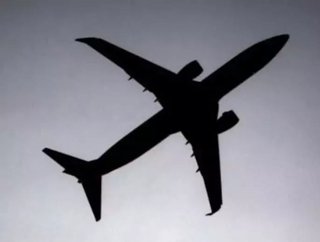FAA sequestration could cost air cargo system $2bil

The Aerospace Industries Association (AIA) have released a report this week detailing the devastating effect of proposed budget cuts to the Federal Aviation Administration (FAA). According to the report, the proposed sequestration could cost up to 132,000 aviation jobs, sap $80 billion a year from US gross domestic product and strip almost two billion dollars of freight capacity out of the air cargo system.
SEE RELATED STORIES FROM THE WDM CONTENT NETWORK:
- Scottish Procurement Bill will deliver on profit promise FedEx accused of improperly handling hazardous material
- Survey discovers new opportunity for auto supply chain
According to the study, which was performed in association with Econsult Corporation, annual economic losses could result in an annual decrease of $37-73 million in passenger enplanements and annual reduction of 1-2 billion dollars of transported air freight. The overall forecasted loss in output to the US economy is estimated to reach $9.2-18.4 billion, with an added $2.7-5.4 billion lost in wages.
Devastating Cuts
“If sequestration is not stopped, it will be by far the most devastating budget cut to the FAA in its 54 years,” said former Secretary of Transportation and Congressman Norman Mineta to the AIA. “The FAA is a critical safety organization that regulates our national air transportation system. Putting it at risk is folly beyond comparison.” Mineta is currently vice chair of public policies at Hill + Knowlton Strategies.
According to a letter from Rep. Norm Dicks (D-Wash.), ranking minority member of the House Appropriations Committee, sequestration could result in the closure of 246 airport control towers, and the loss of 1,500 air traffic controllers, 9,000 security screeners and 1,600 customs officers.
Delays to NextGen control system
The proposed sequestration of the FAA is triggered in 141 days unless congress acts soon to repeal or delay it. According to the AIA, these budget cuts would also delay implementation of the Next Generation Air Traffic Control System by a decade or more. Currently scheduled for 2025, the proposed full implementation of NextGen was expected to provide more that $281 billion in net benefits, save 27 million hours of flight delays and reduce emissions by 216 metric tonnes.
“Sequestration would force the FAA to slash operations, bringing gridlock to the skies today, or defund modernization and infrastructure work. The closer we study sequestration the more destructive it turns out to be.” said Stephen P. Mullin, vice president and principal of Econsult Corporation and author of the study.






